Team
At the heart of every citizen science project are of course the citizens. Your observations are crucial for the project and really help to understand how spiders can adapt to city living! Thank you for that and keep spotting!
There is a core team of biologists from Ghent University behind the Spider-City project and the SpiderSpotter app. They work together with experts from ARABEL (Belgian Arachnological Society) and Natuurpunt. If you want to know more about the Spider-City people, feel free to have a look at the bio’s below! For the specific development of the app, we worked together with SPOTTERON Citizen Science whose extensive experience in citizen science made sure that the app is userfriendly and working smoothly!
Feel free to contact us at This email address is being protected from spambots. You need JavaScript enabled to view it.!
The Team:
 |
Bram VanthournoutBram Vanthournout is a biologist and researcher at UGent at the EON research group (Evolution and Optics of Nanostructures). He studies spiders to solve evolutionary questions. For example, he investigated why some spider species have more females than males (spoiler: bacteria that kill males but leave females untouched are the cause). He is currently investigating whether spiders can adapt to city life through color in the SPIN-CITY project. |
|
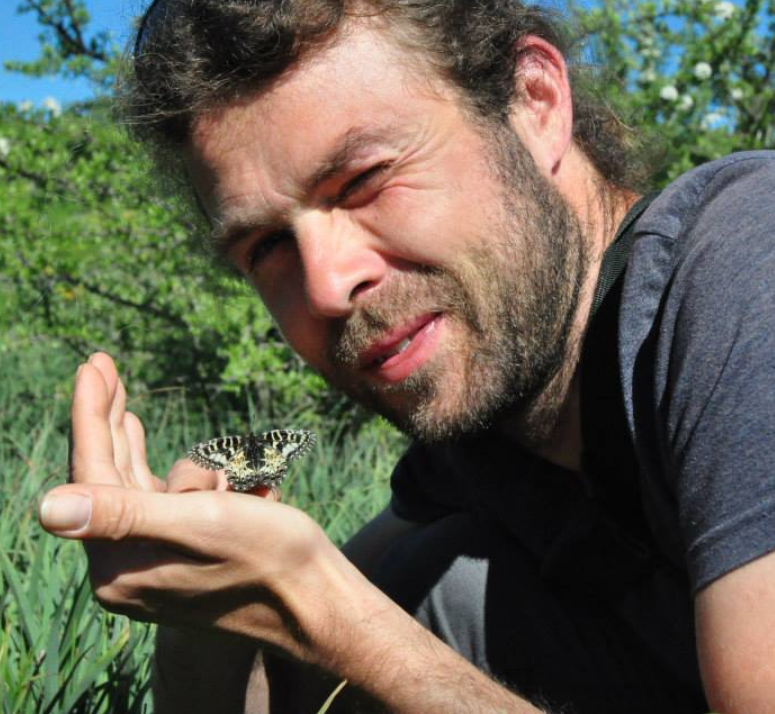 |
Pieter VantieghemPieter Vantieghem works at the Terrestrial Ecology Unit of Ghent University as a lab technician. He is helping with the research of the unit in the lab as well as in the field. He is a biodiversity expert with extensive experience in working with birds and all kinds of arthropods like butterflies & moths, flower flies & other pollinating insects and spiders. As a voluntary validator of butterfly sightings on Flanders’ biggest biodiversity citizen science website waarnemingen.be he also has a good experience in translating science to the less experienced. |
|
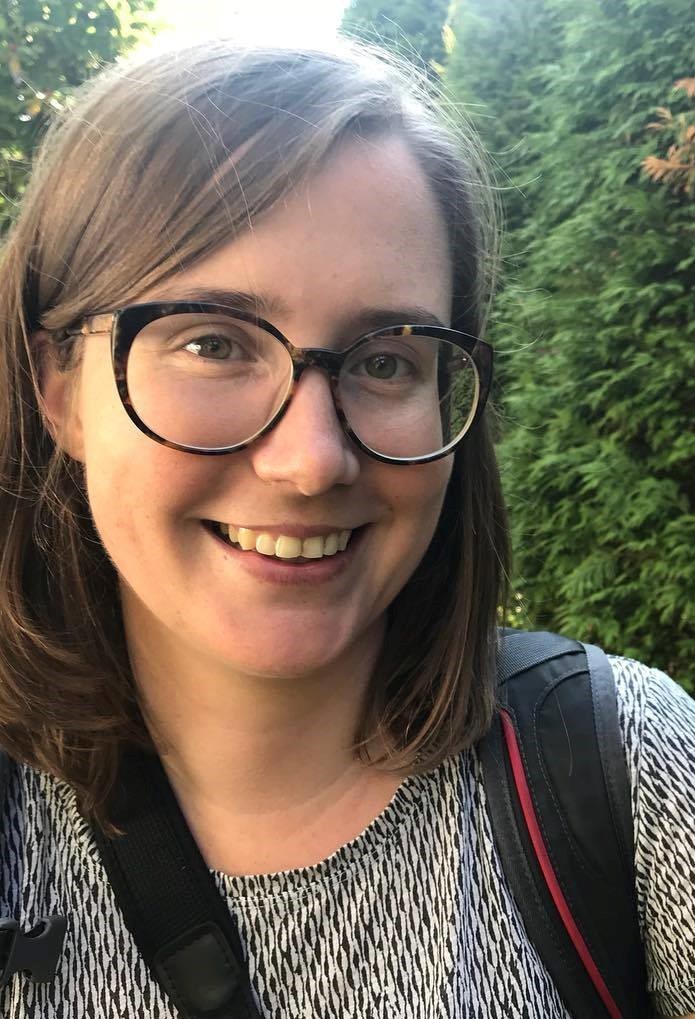 |
Katrien De WolfKatrien De Wolf is a PhD student at Ghent University within research groups TEREC and EON. She -works on the SPIN-CITY project, studying the trophic and thermal adaptation of the European garden spider (Araneus diadematus). Katrien has a keen interest in the diversity of arthropods, including solitary bees, moths, mosquitoes, ground beetles and recently added spiders to this list! |
|
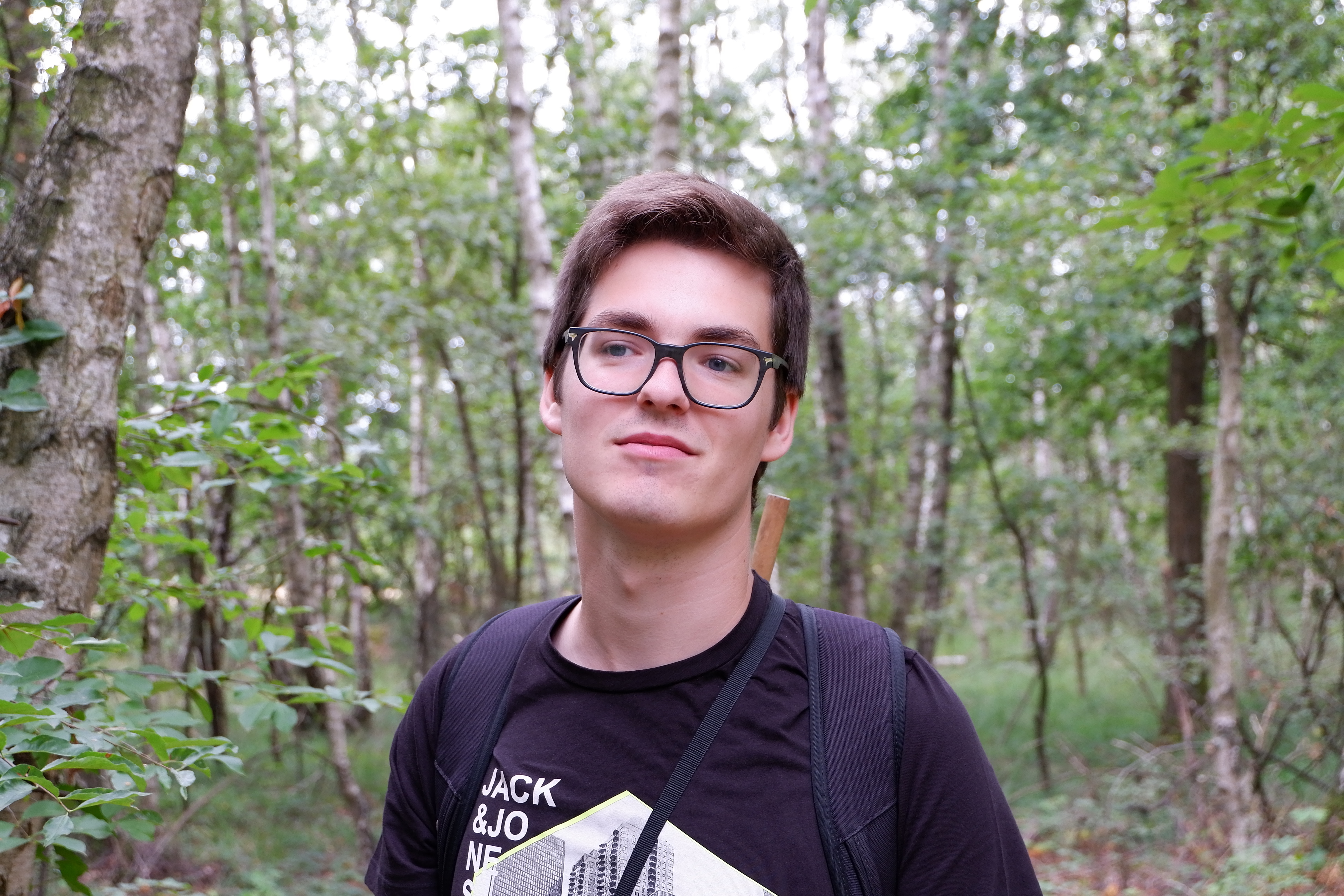 |
Garben LoggheGarben Logghe is a PhD student at Ghent University within research group TEREC. His FWO project, that is supervised by both Dries Bonte and Dirk Maes (INBO), focuses on connectivity conservation of arthropods under climate change. This means that he’s studying the ability of insects and spiders to mitigate the effects of global warming by dispersing to cooler regions. Both life-history traits of the species (body size, mobility, demography…) and the environmental context are considered. Besides this research, he spends a lot of his free time on studying spiders, including voluntary validating spider observations on the website Waarnemingen.be. |
|
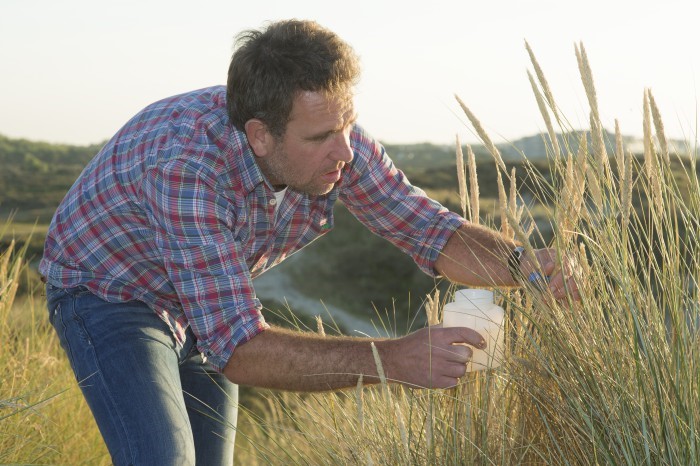 |
Dries BonteDries Bonte is professor in ecology and evolution at Ghent University. He leads his ‘Spatial Ecology and Evolution’ research group at the Terrestrial Ecology Unit and is editor-in-chief of Oikos – a journal for synthesis in ecology. His research includes:
He uses arthropods -and especially arachnids- as a biological model, and combines experimental approaches with modelling to gain a firm understanding on how habitat fragmentation, climate change and urbanisation affect biodiversity at multiple levels of biological organisation. |
|
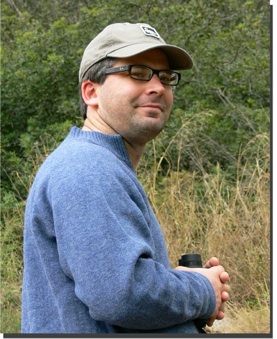 |
Matt ShawkeyI am a professor in the biology department at the University of Ghent, leading the research group “Evolution and Optics of Nanostructures.” In this group, we study the properties, mechanisms, development and evolution of animal colors using a variety of field- and lab-based techniques. Of particular interest are colors produced by highly ordered nanostructures, and/or from melanin pigments. A new focus in our lab is on the thermal properties of animal coloration. |
|
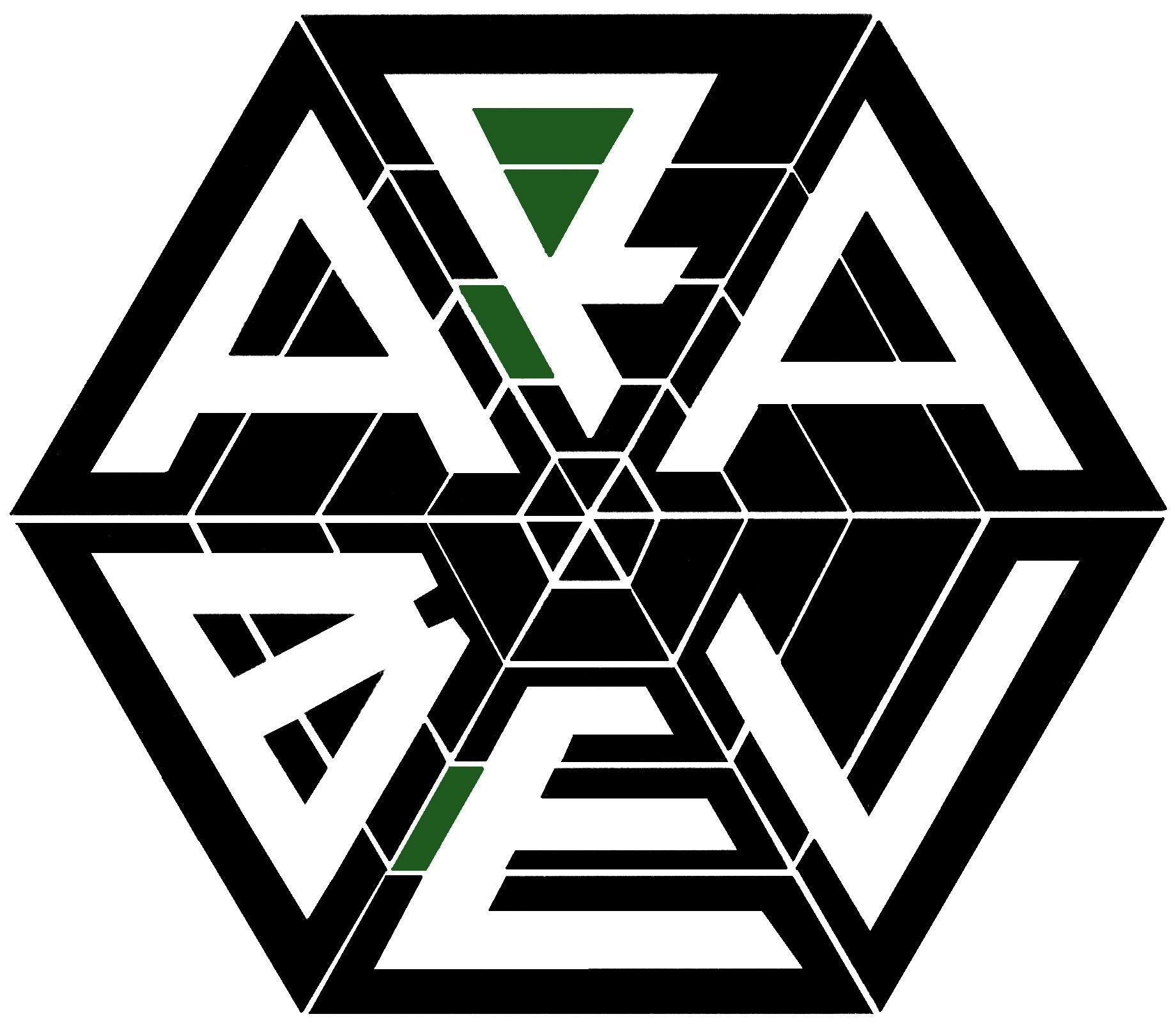 |
Koen Van KeerAt the age of 4, Koen Van Keer (° 1969), together with his 4-year older brother Johan, started collecting and studying spiders. In the 1980s the brothers became active within the Belgian Arachnological Association ARABEL, of which Koen became secretary in January 2004. |
|
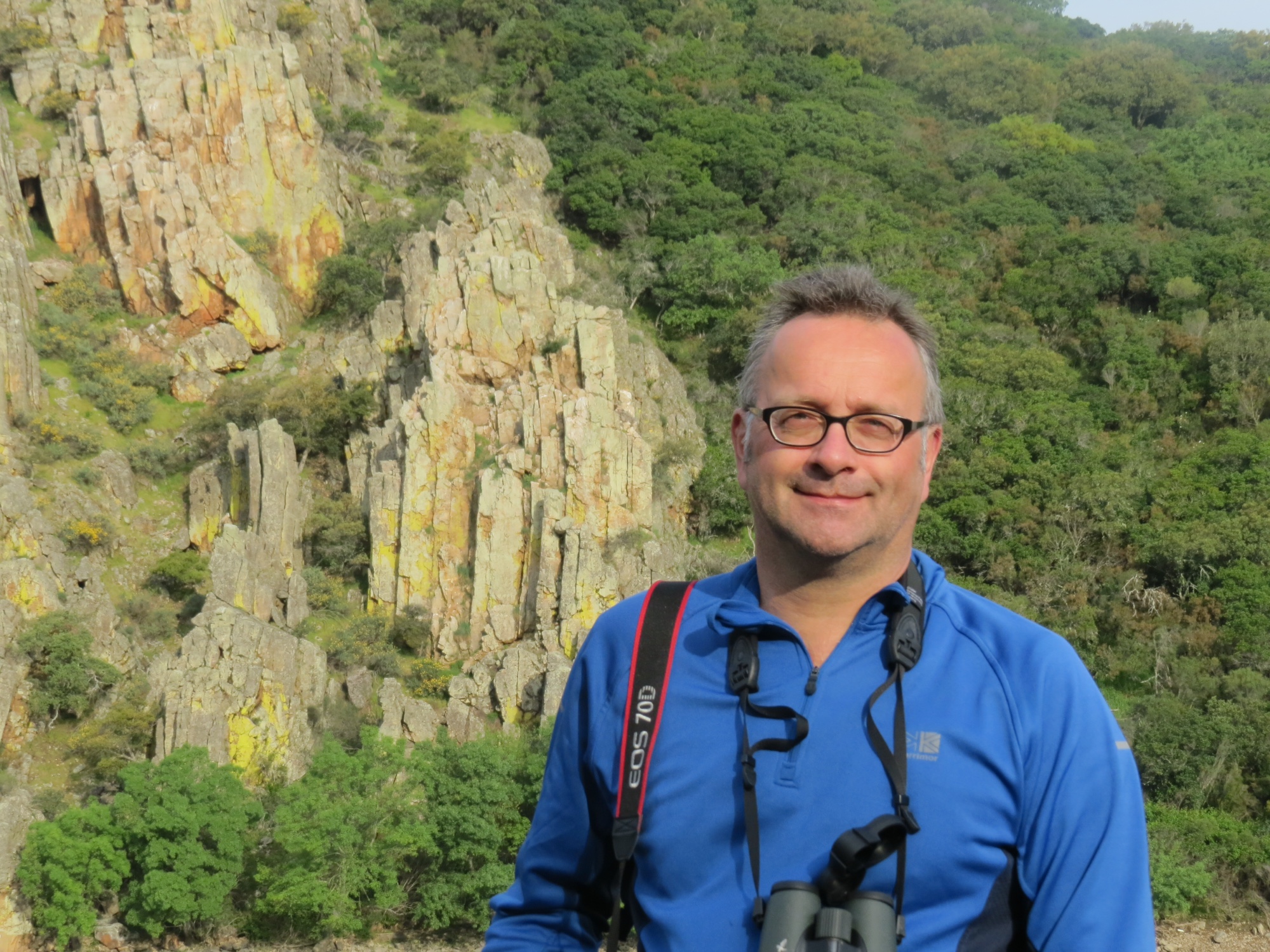 |
Mark Alderweireldt is an ecologist and taxonomist working at the Environmental directorate of the Province East Flanders and as visiting researcher at the Terrestrial Ecology Unit of Ghent University and the Royal Museum of Central Africa in Tervuren. His research topics involve biodiversity, applied ecology, taxonomy, zoogeography, bio-indicator value, pest control potential and nature conservation related to spiders and other important taxonomic groups such as carabid beetles and myriapods. He also specialised in the taxonomy and distribution of European, African and Arabian spider faunas, especially Lycosidae (wolf spiders). |
|
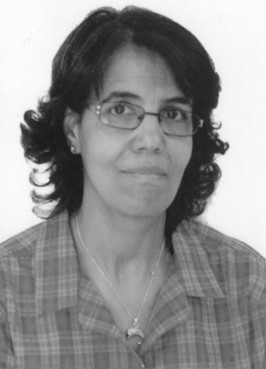 |
Lynda Beladjal is a PhD taxonomist and ecologist at Ghent University within research group Terrestrial Ecology. Her research interests are principally on drought and temperature sensitive habitats in arid areas (deserts). Besides her works on some Crustacea groups (Large Branchiopoda), she also works on some other Arthropoda groups mainly Aranea. She is one of the specialist in the taxonomy, systematic and ecology of North African spiders. She described more than 30 new species mostly Dysderidae (woodlice spiders) in the Maghreb region in general and in Algeria in particular. |


